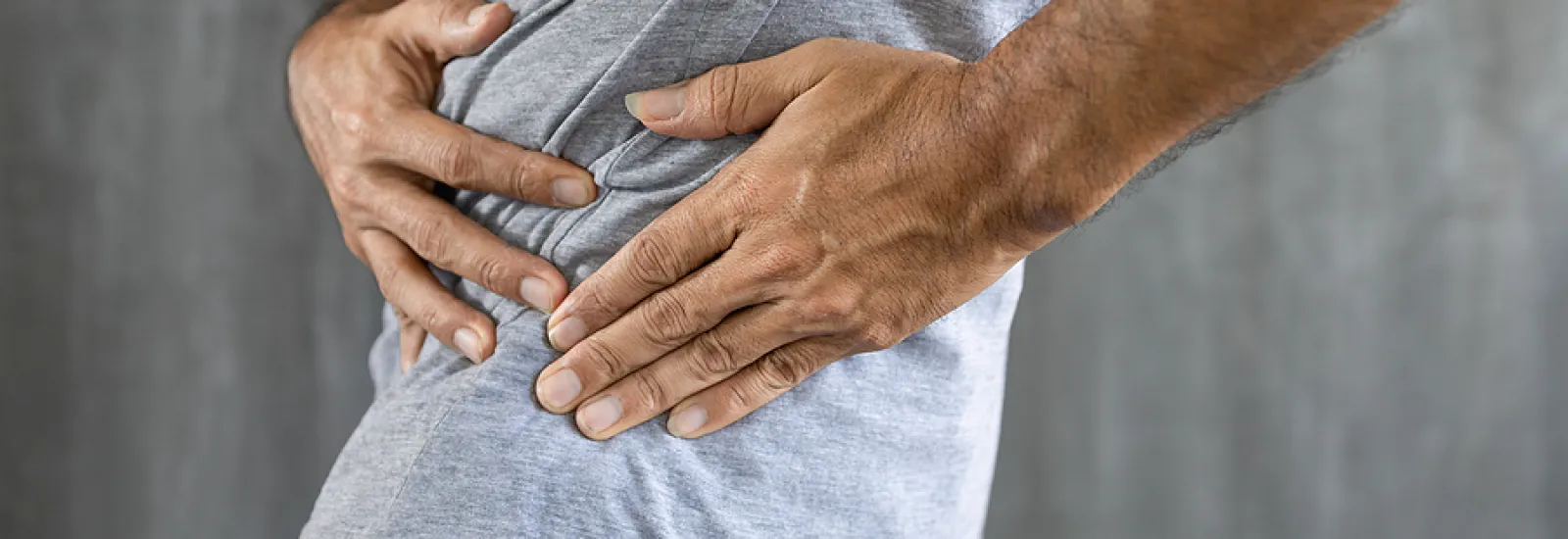
Why Does My Hip Pop When I Walk?
A familiar
snap, crackle, and pop in your hip socket can be quite unnerving, despite the
absence of any pain. And it can affect young adults just as commonly as older
ones. Joint wear and tear has no age restrictions.
Have
you ever wondered why your hip pops when you walk or rotate them? Those clicks
and clacks seem innocent enough at first, but they can hamper mobility
and cause serious discomfort if left untreated for too
long.
Why does my hip
pop?
As
implied in the name, a "snapping hip" occurs when muscle tendons snap over bony
protrusions around the pelvic area. For some, it can feel like the hip is
popping out of place. There are several types of this condition, and they depend
upon the muscles involved. Your hip cracking could be due to any combination of
factors.
- The
psoas muscle grants you the ability to flex your hip, and the most common
occurrence of a popping hip happens when the psoas tendon (which attaches to
the thighbone) rubs against the front portion of the pubic bone. This can be
the result of too much sitting, which tightens the psoas muscle against a ridge
in the hip area known as the iliopectineal eminence.
- There
is a thick band of tissue called the iliotibial (or IT) band that starts in the
pelvis and runs down the thigh. This muscle is always tight; think of a
stretched rubber band. But if the IT band is too tight, it can rub against the
side of the femur (or thighbone) and create that snapping sensation.
- A
tendon called the rectus femoris also runs up the front of the thigh to the
pelvic region. It can move across the top of the thighbone when you bend and
straighten your hip, causing it to pop.
- The
hip labrum is a ring of cartilage that surrounds the hip socket, and it can be
torn in any number of ways (for example, as the result of a sports injury;
various types of hip pain
are common among athletes). When the end of the
thighbone maneuvers over that tear, popping and cracking can occur.
- The
hamstring attaches to the ischial tuberosity, also known as the sitting bone.
When the hamstring moves across these bones, you could experience a snapping
sensation in your backside.
Problems
in any of these muscles, tendons, or pieces of cartilage can produce the hip
popping or clicking you might be experiencing.
Does hip
popping and cracking lead to future problems?
It
might. Eventually, a hip clicking or popping while walking can degenerate into a
more serious condition such as hip bursitis. When the fluid-filled sacs (called
bursae) that cushion the connections between bones, ligaments, and tendons become
inflamed, discomfort and irritation occur. Hip snapping is a relatively minor
issue, but it can become more severe without proper attention.
- For
hip popping after injuries: Rest is the easiest prescription for a lot of joint maladies, as
limiting movement and reducing activity in the hips can alleviate the muscle
tightening that causes the popping sensation. Applying a cold compress such as an ice pack or a bag of frozen vegetables is also proven to be effective, as is
common over-the-counter, anti-inflammatory medication such as ibuprofen or
aspirin.
- For hip popping with a sedentary lifestyle: In short, those crackling noises and feelings are indications of general wear and tear. The snaps are fortunate because they draw your attention to the need for intervention, which can usually be accomplished through simple physical therapy and stretching of the psoas muscle and IT band. A torn labrum could require a hip arthroscopy, which is a minimally invasive outpatient procedure that allows patients to return to form quickly and confidently.
How can a patient get help for a popping hip?
The aforementioned physical therapy and stretching exercises can teach you how to treat and prevent hip cracking, and a doctor can administer a cortisone shot in the troublesome joint if other remedies aren't working effectively. These injections reduce pain and inflammation and can often be done in the comfort of the doctor's office.
If
you've tried home remedies and stretching regimens and the hip cracking isn't
stopping, the orthopedic experts at the Reid Health Comprehensive Bone & Joint Center can help. We care deeply about patients and want to put your mind at ease.

